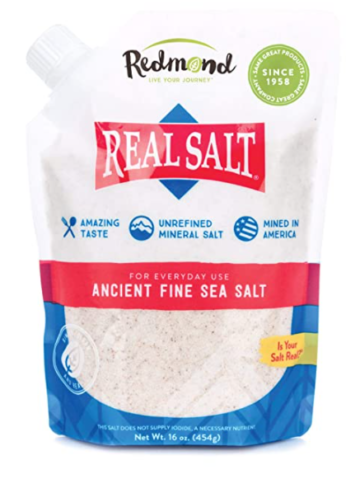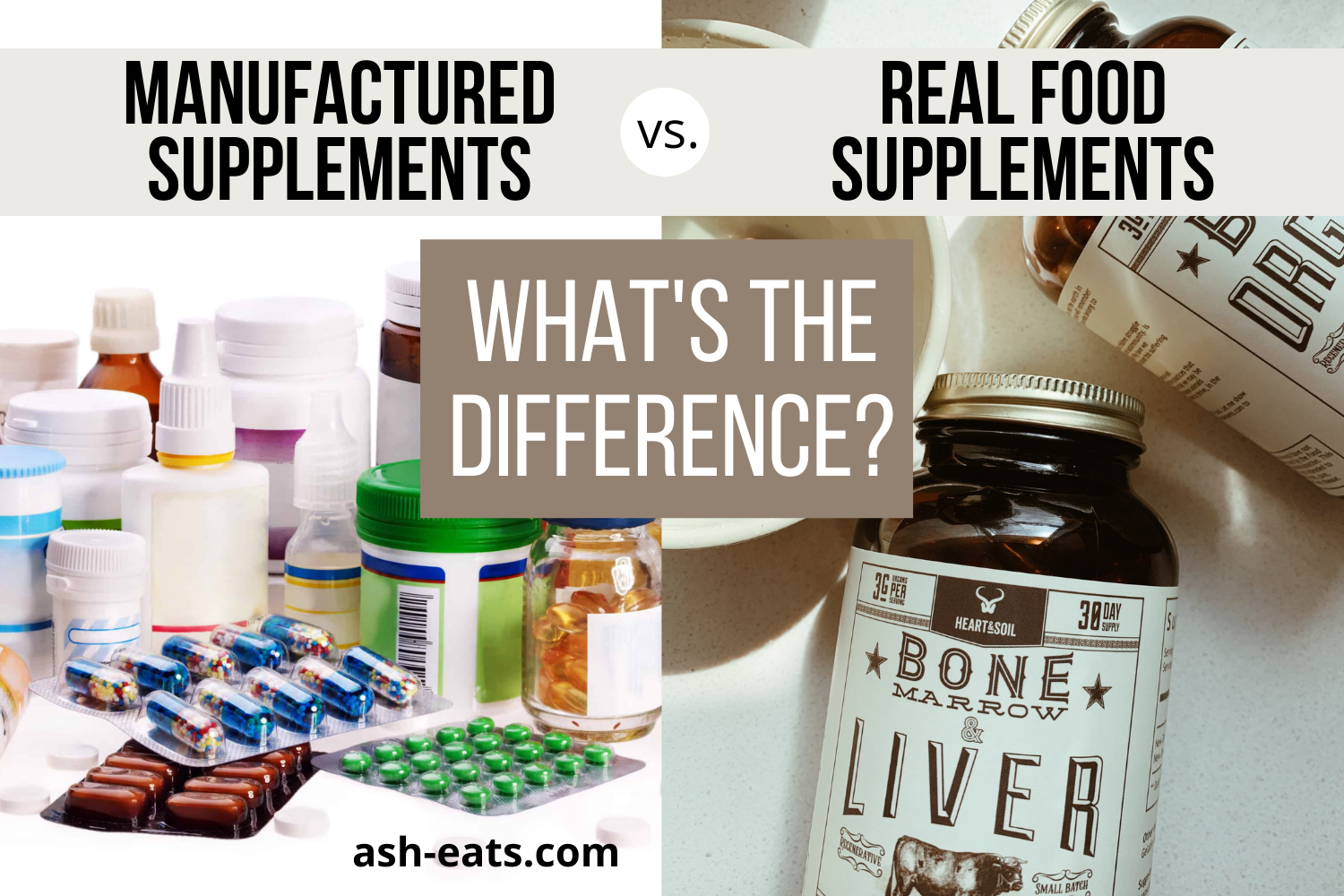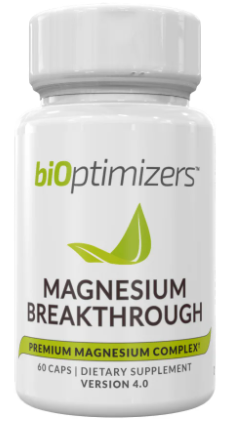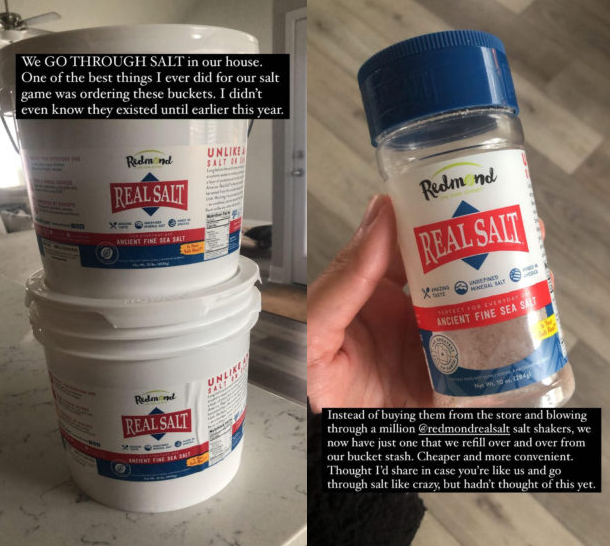
Published on March 10, 2022 by Ashley Rothstein
painful constipation during pregnancy
Oof…pregnancy constipation. I had heard about it many times before, but until I was sitting on the toilet myself, dripping sweat and almost in tears trying to push out a poop for nearly 15 minutes, I didn’t realize how painful pregnancy constipation actually was.
Pre-pregnancy, my poops were average. An occasional hard poop. An occasional skipped day. Some bloating. I called myself constipated back then, but I have to say…that was nothing compared to what I experienced during my second trimester of pregnancy.
At about 24 weeks pregnant, I got hemorrhoids. I felt like I was birthing a spikey demon whenever I went to the bathroom. All I wanted to do was make that darn poop come out. When I couldn’t, it made me really upset, hot, flustered, and emotional.
The experience made me dread the thought of having to endure many more horrible bathroom experiences in the following months.
It didn’t feel right that I was simply destined for this horrible constipation just because I was pregnant.
So I reflected on what could be contributing.
Things I had done differently in recent days, what I had eaten (or not eaten), supplements I had taken (or not taken), the amount of water I drank, etc…and that’s when I had a light bulb moment.
I made a few adjustments and in just a few short days from the spikey demon experience, I was hemorrhoid-free. I have since enjoyed beautiful, quick, easy poops at least every other day (and sometimes even every day!).
And the best part…the hemorrhoids and the constipation have not returned.
In this post, I’m going to share my magic bullet with you (the first section of this post), other supportive remedies that I think also helped me, and a few honorable mentions that I’ve never personally tried but heard great things about from other mamas.
If you’re dealing with pregnancy constipation, I wish you beautiful poops again very soon!
Update: I had my baby! Read my full birth story here or check out the pregnancy section on my website for more animal-based pregnancy, birth, postpartum, and motherhood resources.
Heart & Soil Films featured our story in their mini-documentary, Nourished, which spotlights animal-based pregnancies. Click on the above image to watch it on YouTube.
The magic bullet
If you take anything from this post, let it be this section.
In the previous section, I told you that I had a light bulb moment. Here it is…
To prep my body for pregnancy and to serve as a prenatal throughout my first trimester, I took a line up of real food supplements religiously.
One of those supplements was magnesium. I took one capsule (250mg) of magnesium with my evening meal almost every day.
A few days before the hemorrhoids surfaced, I was feeling stressed, so I decided to take two magnesium capsules with my evening meal. That night, I ended up having a killer night sleep.
Even though I got great sleep, the following day I felt more sedated than usual (a feeling I don’t like), so in attempt to reset my energy, I decided to take a few days off from my magnesium supplement entirely.
Since this was a few days before the hemorrhoids surfaced….
Boom.
No magnesium for a few days. Worsening constipation. Hemorrhoids.
Once I made the connection in my head, it felt crystal clear.
To test my theory, I began taking 2 capsules per day immediately.
Not only did I not feel sedated the following day like I did the first time (that may have been a fluke), but my next five poops were easy, quick, and almost effortless. For the last three in that sequence, I went three days in a row (!). And after a few days, my hemorrhoids went away completely and have never returned.
No more blood and no more spikey demons.
I had never felt such drastic consequences from a few days of a supplement’s absence…followed by such a rapid turnaround from reintroducing said supplement.
It was actually wonderous.
I now do not go a day without two magnesium capsules.
I linked the magnesium I use below. It is a proprietary blend of seven different types of magnesium. To my knowledge, it’s the only product of its kind on the market.
Most magnesium products include just one or a few types of magnesium. I was intrigued when I saw that this one had seven.
I don’t love that it has a few other synthetic ingredients, but it’s the best magnesium product I’ve found so far. Both my husband and I (and lots of my readers) have had great experiences with it.
I take two capsules with my evening meal which is 500mg of magnesium, but some sources say pregnant women can take up to 1500mg per day. I wouldn’t do this consistently, but it’s probably fine to temporarily/medicinally take more than 500mg if you feel like you need it.
If you are dealing with any level of pregnancy constipation, I highly recommend you try this supplement, and if you’re interested in learning more about magnesium and its health benefits, I wrote an entire post about it here. painful constipation during pregnancy
BiOptimizers Magnesium Breakthrough
Use code ASH10 for 10% off.
This is a lifetime code and can be used for multiple orders.
Want to learn more about oral magnesium vs. transdermal magnesium, the pros and cons of both, and how to figure out which method is for you?
Read this post here to learn more.
Drink water and salt, and then some more water and some more salt
Hydration is huge when it comes to constipation. And when I say hydration, I’m not just talking about water.
Electrolytes are just as important as water when it comes to hydrating your body properly.
A few years ago, I began drinking electrolyte packets for the first time and experienced a noticeable difference in my energy and overall wellbeing. Salting my food liberally was no longer enough.
I began to radically increasing my sodium intake, and over time, my body asked for more and more salt…so much that I now add salt (or electrolyte packets) to nearly 100% of my water.
I didn’t realize how much drinking unsalted water and not supplementing with electrolytes affected me before. It’s one of those things you just don’t realize until you experience it. You may know the saying…you don’t know how crappy you felt before until you start to feel better.
Pre-pregnancy, I was drinking lots of salted/electrolyte water. Without it, I felt like crap.
And since I’ve been pregnant, this has especially been true. When I don’t drink enough salted (or electrolyte) water, I really feel it…usually as fatigue, depression/anxiety, and slower bowels. (I’m sure the three are connected.)
Hydrating properly has been a game changer not only for my wellbeing while pregnant, but to keep me regular as well.
You now may be wondering…
“But shouldn’t I stay away from too much salt? Isn’t a high salt diet bad for the body?”
Sources like The Brewer Pregnancy Diet, Weston A Price, and Lily Nichols in her book Real Food for Pregnancy all speak about the importance of salt to support pregnancy. In fact, Dr. Brewer claims that no amount of salt is too high for a pregnant woman.
Choosing the right type of salt also matters. If you’re looking for some clarity on this, I wrote a blog post about:
- if too much salt is bad for you,
- salt sensitivity,
- how to determine how much salt you need,
- where the mainstream “low salt” narrative came from,
- how to eat more salt,
- how to choose salt, and
- the connection between salt and mental health.
Read that here if you’re interested.
If you’d like to try salted water, a good rule of thumb is to let your taste buds decide the amount that works best for you.
Pay attention to how your palate reacts to salt. My mouth/body has an aversion to unsalted water or food most of the time. If I try to drink unsalted water or eat lightly salted food, it doesn’t taste good. When I add more salt, my body accepts the water or food with way less resistance.
You know what you sip something and go “ahhh” or eat something and go “mmmm”? Your body is communicating with you.
I often go “ahhh” after drinking salted water.
Personally, I add either…
- 1 tsp of Redmond Real Salt (ASHLEYR for 15% off), or
- 1 packet of LMNT + 1/2 tsp of Redmond Real Salt
…to 32 oz of room temperature water. Mix it good, then sip. Don’t chug.
Redmond Real Salt

Here’s a little hack to purchase salt efficiently (we recently started doing this and I’m really happy we did)…
Purchase one salt shaker from Redmond Real Salt, one (or a few) 10-lb buckets (also from Redmond Real Salt), and use the bucket supply to refill the salt shaker. Not only is it cheaper to buy in bulk, but you can use my code (ASHLEYR) and save an additional 15% off your order. Redmond offers free shipping for orders over $30 too, so if you buy at least one bucket, you’ll get free shipping.
To keep things moving, I shoot for 64 oz of salted water per day (plus however much unsalted water I crave – my body lets me know when I’m craving unsalted water). I also shoot for 32 oz of raw milk (milk is 90% water) and 32 oz of red raspberry leaf tea on top of that. This brings me to about one gallon total of fluids per day.
On the days I am able to stay on top of my hydration, I feel amazing and my poops are easy and regular.
I think of it in this way…
The magnesium capsules (previous section) are the show stopper here. For me, they set my baseline of regularity. But when I properly hydrate on top of that, it makes things even better.
The most interesting thing to me about hydration is that even though I know how well it works to keep me feeling great, I still struggle to stay on top of it some days. I find that unless I’m really trying to meet my hydration goals, I won’t.
When you’re pregnant, you need to eat a lot and frequently to fuel yourself and your growing baby. Try drinking 100+ oz of fluids on top of eating tons of food throughout the day, and you’ll likely find out quickly how hard that is to do…especially if you’ve got a lot going on.
On the days I do meet my hydration goals, I am mindful and conscious about my efforts. I am literally drinking fluids all day long on top of eating all day long…somewhat forcefully. I feel my absolute best on these days, but it takes treating my nutrition/hydration like a full-time job to be successful, which is an ongoing effort.
Most sources recommend drinking 80-100+ oz of fluid per day when you’re pregnant, so if you’re looking for a baseline to shoot for, start there.
I recommend tracking your actual fluid intake for a few days to see where you’re at, then experiment from there. painful constipation during pregnancy
I’m obsessed with salt.
Find out why here.
Try deep squat holds
If it weren’t for a certain pregnancy book I was reading around the time I had the hemorrhoids, I wouldn’t have figured out the correlation between squat holds and pooping. It was a wonderful surprise!
To prep for labor, the book recommended doing 1-minute deep squat holds.
This sounded doable and useful, so I thought I’d give them a try.
The book recommended 10 rounds per day, but I decided to start with 5 rounds.
My poop schedule during pregnancy has been one day on/one day off pretty consistently (aside from the hemorrhoid experience). The first day I did the deep squat holds was supposed to be a poop “off day” for me.
During the second or third squat hold, I started to feel like I had to poop. The sensation grew as I continued with the squat holds. And what do ya know…once I was done with the squat holds, I had a beautiful, easy, quick, unplanned poop.
I figured it could have been a fluke, so I tried the same thing the next day, and I got the same exact result! Right after the squat holds (literally within minutes)…boom. Beautiful and easy poop.
In case you’re wondering what a squat hold looks like…

Hold that position for 1 minute.
I wish I could tell you that I have remained 100% consistent with doing these. I haven’t (I do them on and off), but I do have another cool tidbit…
One afternoon a few days later, I did 2 rounds of the deep squat holds. Minutes later, I had a beautiful poop. After just TWO rounds!
I usually poop in the morning. Since the afternoon was an unusual time for me to poop, I really think the squat holds had something to do with it.
I talked to a friend who is a Pelvic Floor PT about this, and she mentioned that deep squat holds help the pelvic floor release and relax. Since constipation can be a result of a chronically tight/contracted pelvic floor, it made so much sense why the squat holds would help with constipation!
I have also experienced similar results with movement in general. But not just any type of movement, specifically yoga or stretching where I’m moving around, switching positions, and engaging my core and legs. For me, a good yoga session that incorporates squats and other leg/core movements will sometimes induce a poop.
If you’re dealing with pregnancy constipation, try deep squat holds and/or yoga/stretching for a few days (or longer) and see if it makes a difference. painful constipation during pregnancy

Want to learn more about my full real food supplement routine (and why you may want to consider ditching your manufactured supplements)?
Read this post here to learn more.
Honorable mentions
When I share about my ailments and experiences, people reach out to me to share their own stories and what works for them.
When I talked about my pregnancy constipation, some of my followers reached out with suggested remedies. I didn’t try all of them, but their passion for the remedies certainly shined through, so I figured I share some of them here in case they resonate with you.
Invest in a Squatty Potty
I can’t tell you how many messages I’ve received suggesting that I get a Squatty Potty.
Considering the squat holds worked so well for me, I figure a Squatty Potty would probably have a similar function, so it probably is a great idea.
I hear that using one makes a big difference in the quality of your poops.
If you don’t want to invest in a Squatty Potty but are looking for a similar experience, some folks say you can prop your feet up on something (like books or yoga blocks) and it would have the same effect. One of my followers said she even props her feet up on the toilet (!)…now that’s flexibility.
See a pregnancy chiropractor
The women who reached out to me suggesting a pregnancy chiropractor for constipation swear by it. Because the magnesium worked so well for me, my constipation never got so bad that I felt like I needed to see a chiropractor. But if you feel like you’ve tried everything and are still experiencing constipation, I have heard great things about pregnancy chiropractors.
Try some ginger
One of my readers reached out suggesting ginger. Here is his exact message…
“Ginger is a commonly used prokinetic motility herb that is used to stimulate the MMC. Supplements like MotilPro* use it for this exact purpose. It’s commonly recommended for patients with SIBO to ensure things keep moving and avoid relapse. Can also be useful for bloating and nausea.”
*I have heard it is not a good idea take MotilPro while pregnant.
Ginger is an herb commonly recommended for pregnant women (especially for morning sickness and tummy troubles), so if you haven’t tried it for constipation yet, maybe give it a go. painful constipation during pregnancy
Feeling bloated? Read about the 10 things I did to beat the bloat for good.
Read this post here to learn more.
Final thoughts
Like I said at the beginning of this post, if you are dealing with painful pregnancy constipation, I am wishing you beautiful poops again very soon!
And I hope the suggestions in this post were useful to you.
If I could suggest one thing, it would be to start with the magnesium capsules. To support the process, also track/maintain proper hydration and give those deep squat holds a go to relax your pelvic floor and get things moving.
Best of luck to you!
If you have any questions, do not hesitate to reach out to me at asheatsgood@gmail.com.
For more animal-based pregnancy, birth, postpartum, and motherhood resources, check out my Pregnancy hub.

painful constipation during pregnancy








